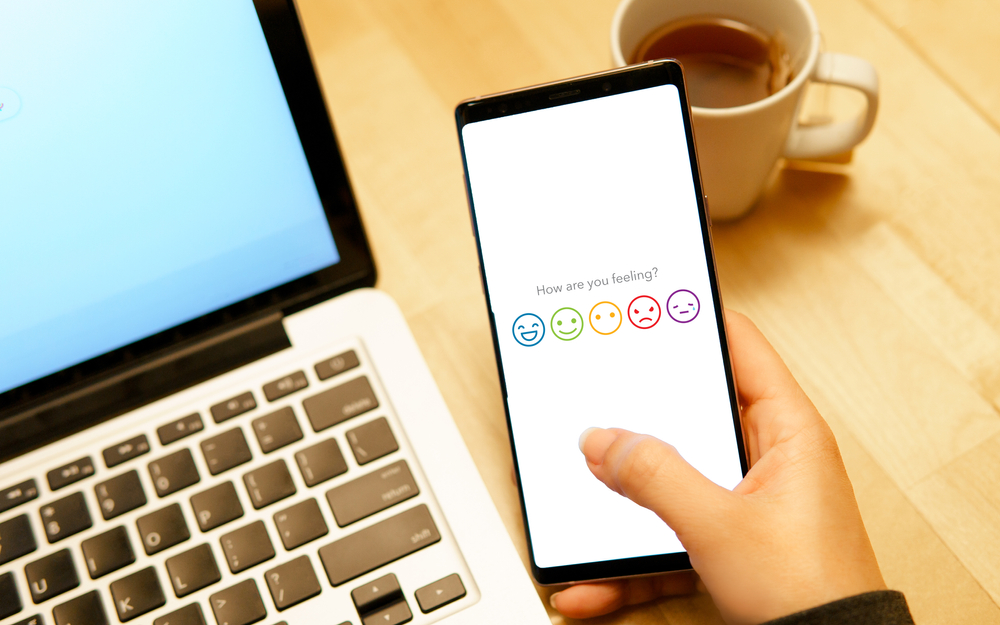Discover a range of top-rated mental health apps designed to help you relax, reduce stress, and improve your well-being. Explore a variety of techniques such as mindfulness, meditation, and soothing sounds, all conveniently accessible on your phone. Start your journey towards inner peace and tranquility today with these effective mental health apps.
In the modern world where stress, anxiety, and depression are becoming increasingly prevalent, mental health has become more important than ever. To help combat these issues, numerous technological innovations have been developed, one of which is mental wellbeing apps. These apps provide a convenient way to manage mental health, offering a range of features to help users cope with various mental health issues. This article explores what mental wellbeing apps are, their common features, types, popular brands, benefits of usage, and average costs.

What Are Mental Wellbeing Apps?
Mental wellbeing apps are digital platforms designed to help users manage their mental health. They can be downloaded onto smartphones or tablets and are designed to help with a range of mental health issues including stress, anxiety, depression, sleep disorders, and more. These apps may offer self-help strategies, therapeutic exercises, mindfulness techniques, or even direct interaction with therapists or mental health professionals.
Common Features
While each mental wellbeing app is different, many share common features. These typically include mood tracking, where users record their feelings to identify patterns and triggers; mindfulness and meditation exercises to help users relax and lower stress levels; cognitive behavioral therapy techniques to help users cope with negative thoughts; and sleep aids, including white noise or guided meditations. Some apps also have community features, allowing users to interact with others who are going through similar experiences.
Types of Mental Wellbeing Apps
There are several types of mental wellbeing apps. Mindfulness apps focus on meditation and relaxation techniques to alleviate stress and anxiety. Therapy apps offer self-help tools and direct communication with mental health professionals. Mood-tracking apps help users note their emotional state over time and identify potential triggers for negative mood swings. Lastly, peer support apps provide a platform for users to connect and share experiences, providing mutual support.
Popular Brands
There are numerous popular brands within the realm of mental wellbeing apps. Headspace and Calm are renowned mindfulness apps that offer guided meditations and relaxation exercises. Moodpath and Daylio are popular mood tracking apps that help users monitor their emotional health. Talkspace and BetterHelp provide therapy services, offering communication with licensed therapists. Finally, 7 Cups offers peer support, with millions of users worldwide.
Benefits of Using
Mental wellbeing apps offer many benefits. They provide easy access to mental health resources, enabling users to manage their mental health at their own pace and in their own space. This can be particularly beneficial for those who may not have access to traditional mental health services. These apps can also provide regular reminders for self-care and mindfulness, aiding in consistent mental health maintenance. They also offer a level of anonymity, allowing users to seek help without fear of stigma.
Average Costs
The cost of mental wellbeing apps can vary greatly. Many offer free versions with limited features, while premium versions with full access can range from a few dollars per month to $100+ per year. Therapy apps that offer communication with mental health professionals can be more costly, with some charging upwards of $200 per month. However, when compared to the cost of traditional therapy, which can be $100+ per session, many find these apps to be a more affordable option.
In an age where mental health is of paramount importance, mental wellbeing apps offer a convenient and affordable way to manage mental health. They provide a range of features designed to help with various issues, from stress and anxiety to depression and sleep disorders. With numerous types and brands available, there is likely a mental wellbeing app out there to suit everyone. While cost can vary, the benefits these apps offer, such as access to resources, regular reminders for self-care, and the ability to seek help anonymously, make them a valuable tool in maintaining mental wellbeing.